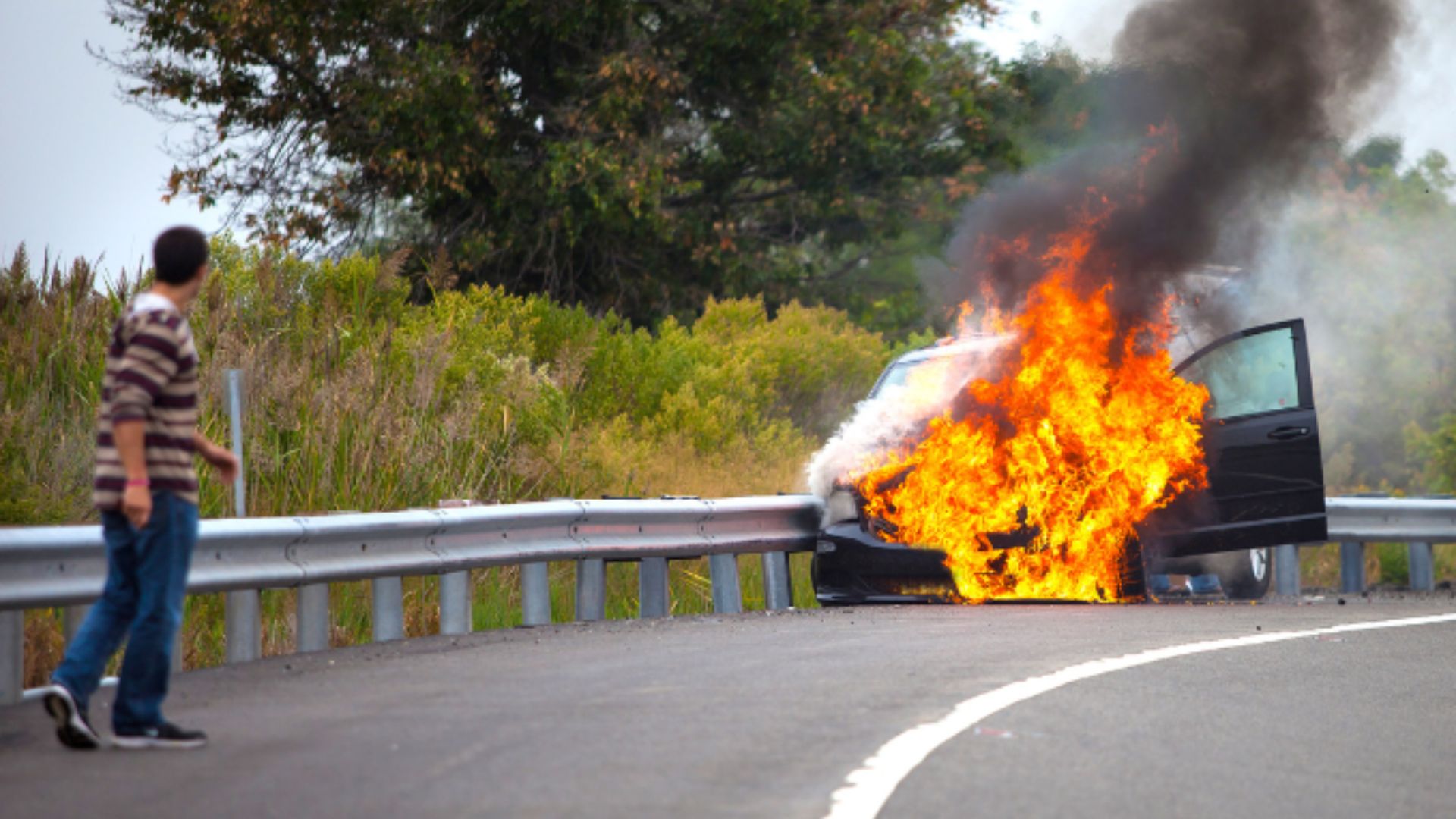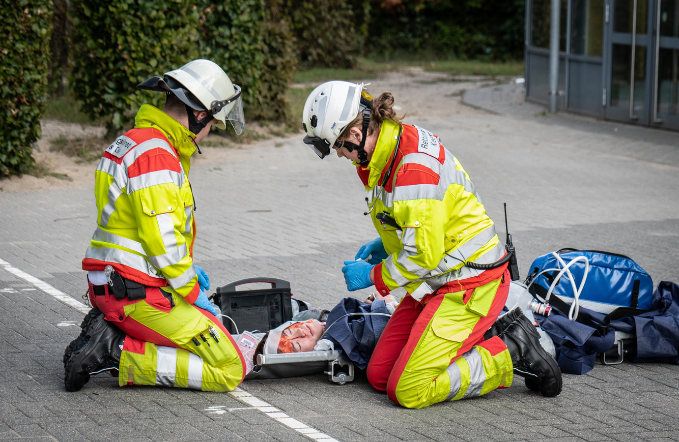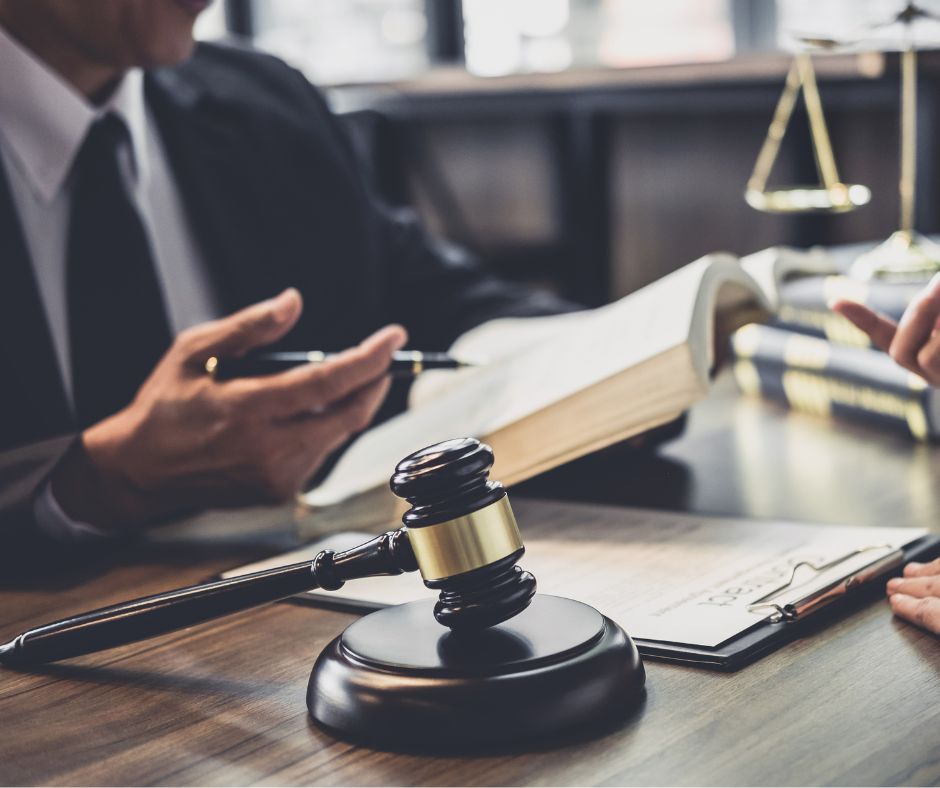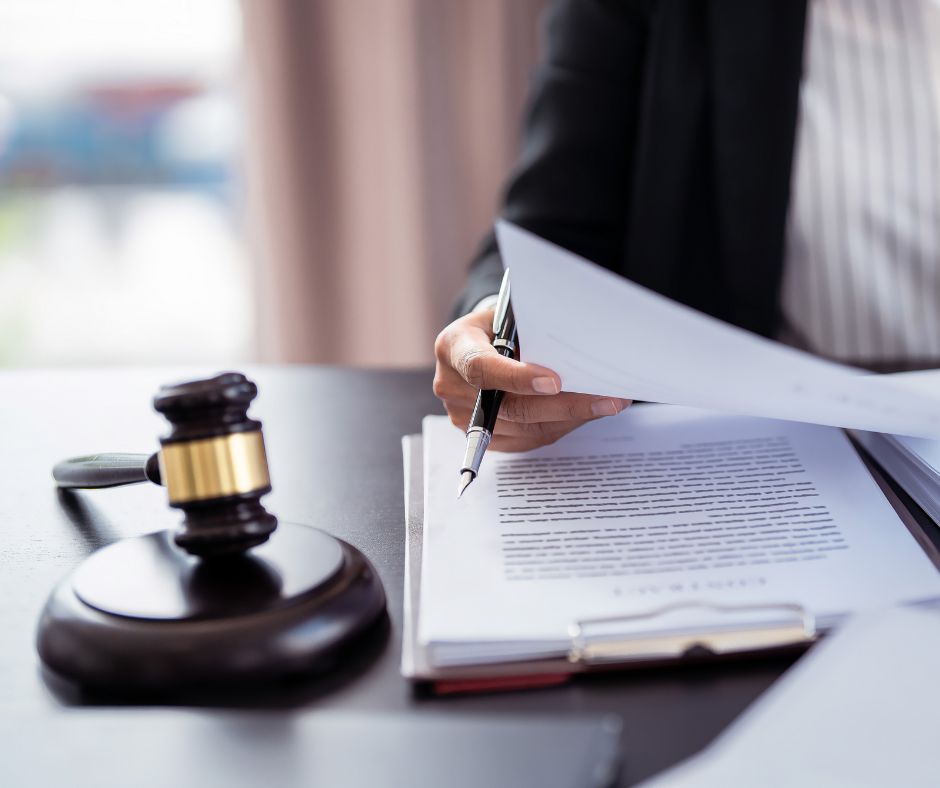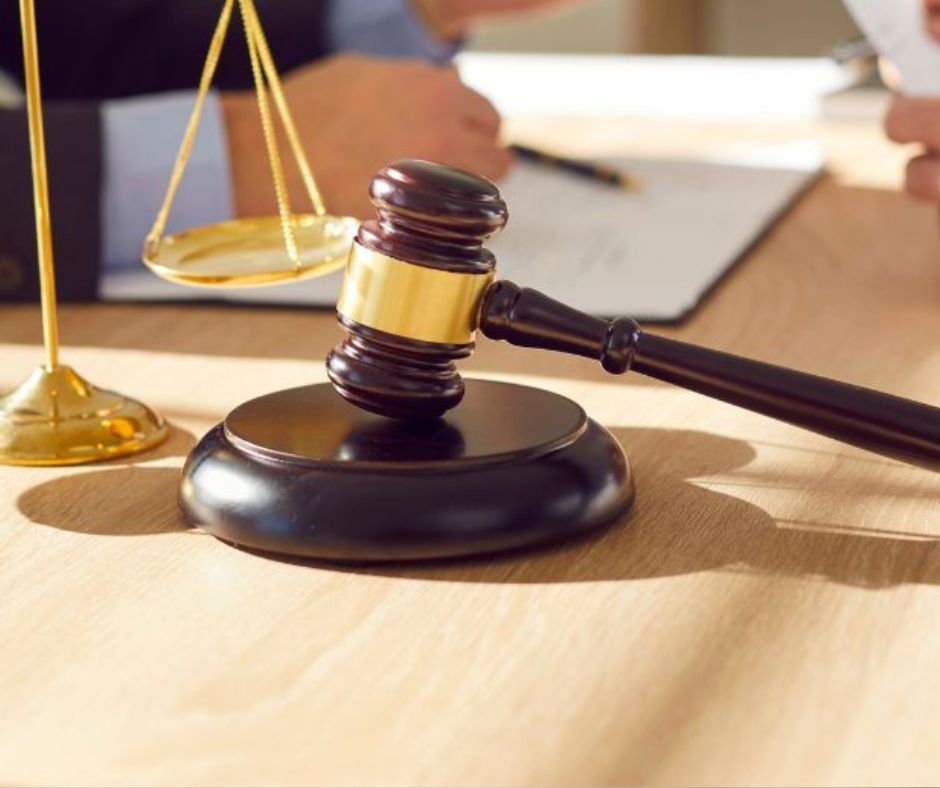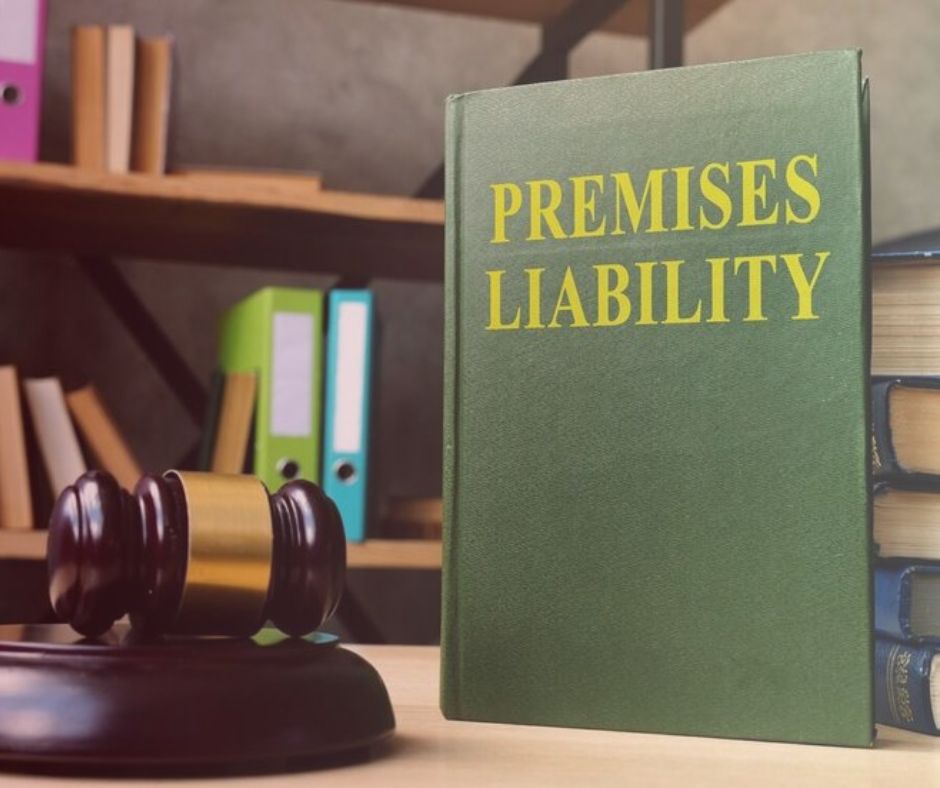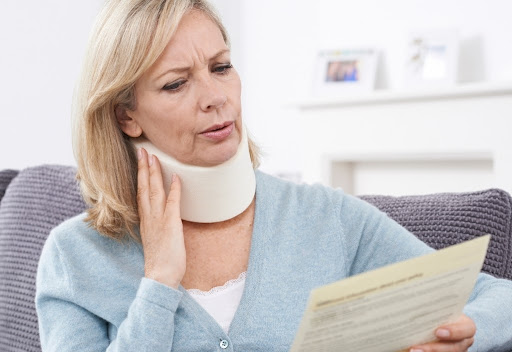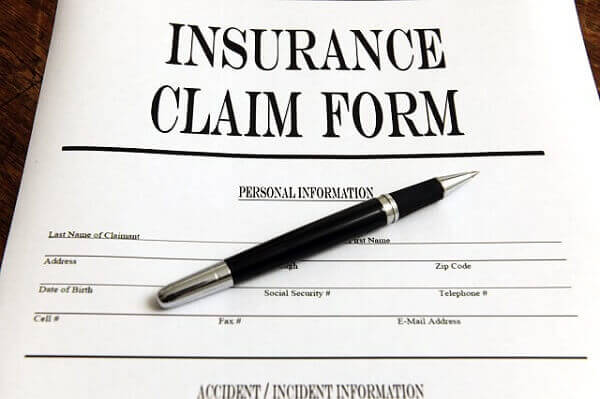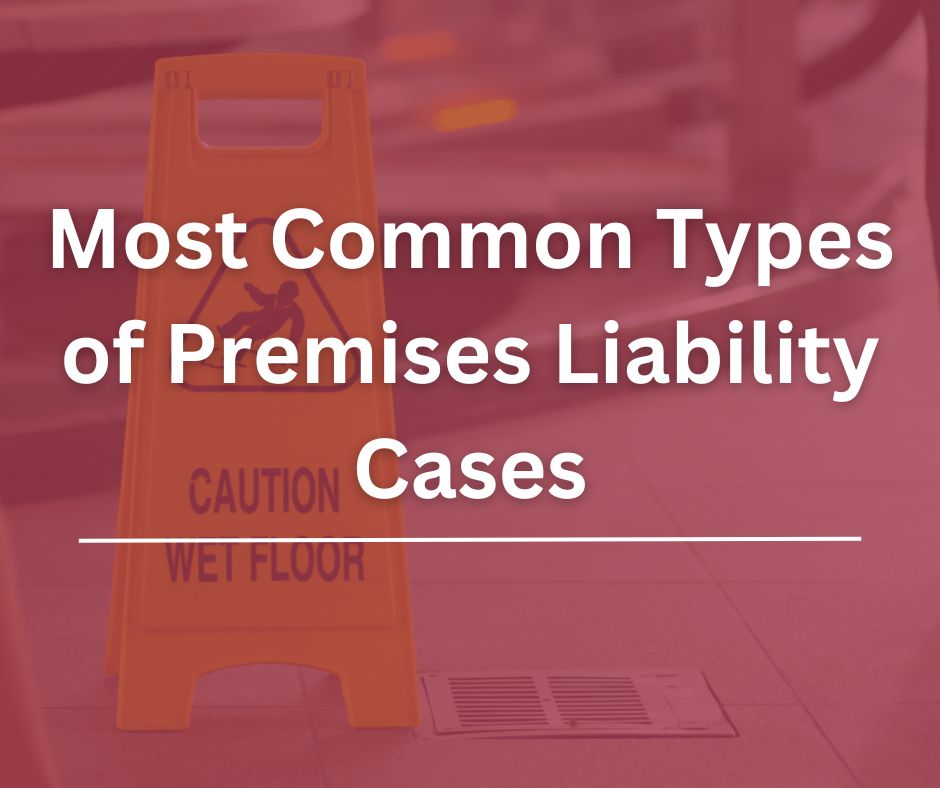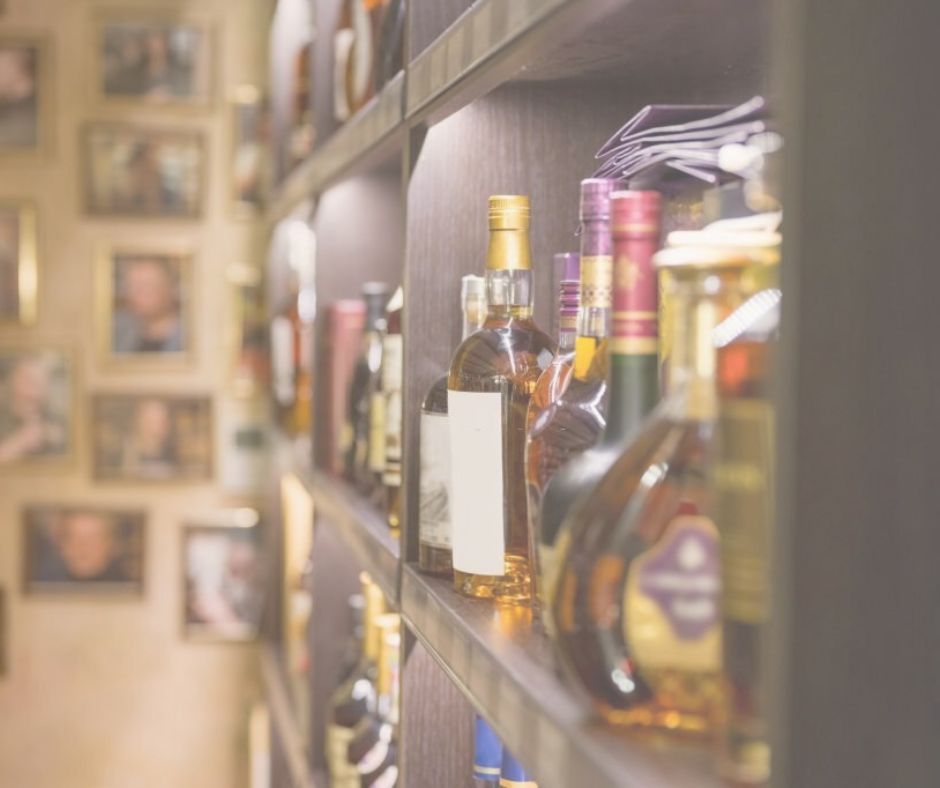A car crash is terrifying on its own. When that crash leads to a vehicle fire, the trauma can be overwhelming. Burn injuries in vehicle fires often happen in seconds, yet the physical, emotional, and financial consequences can last for years. If you or someone you love is dealing with burn trauma after a...
Burn Injuries from Vehicle Fires
